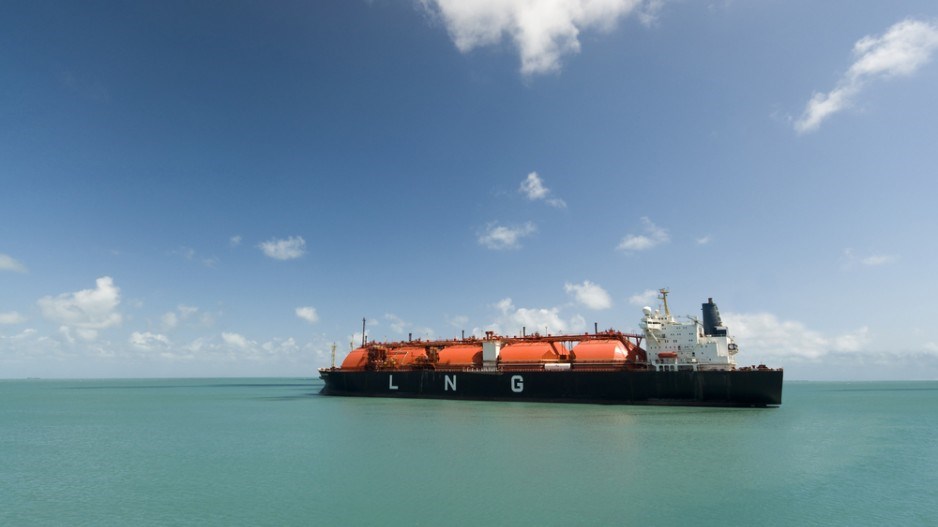A lead contractor for Shell’s LNG Canada project in Kitimat has cancelled orders for modules for the project, according to the oil and gas industry news site Upstream.
Upstream reports that CFSW LNG Constructors – a consortium of four major engineering and construction firms and the lead contractor for LNG Canada – has cancelled the bidding process for the building of liquefied natural gas plant modules. It is expected that Asian companies would build the modules.
Shell had been expected to make a final investment decision on the multi-billion LNG project by now, but has deferred that decision indefinitely. The Petronas Pacific NorthWest LNG project has also delayed an FID.
Major LNG proposals in Canada missed a window of opportunity when they failed to have LNG projects approved in time to nail down long-term contracts with Asian utilities.
There is now a glut of LNG on the market, thanks to new LNG plants in Australia, and companies like Shell are reducing their capital spend as they cope with falling revenue from low oil prices. And in light of both low oil and gas prices in North America, Asian buyers are now expecting lower prices for LNG.
Analysts expect the next window for long-term LNG contracts will not open for about four or five years, once demand and supplies balance out.
In other words, they don’t expect a major LNG project in B.C. to get a final investment decision until 2019 or 2018, at the earliest.
David Ledesma, a British natural gas and LNG consultant and fellow at the Oxford Institute for Energy Studies, told Business in Vancouver in October that it’s unlikely any large LNG project in the world will get an FID before 2019.
Travis Whalen, energy analyst for S&P Global Platts, agrees.
“It looks like there could be something of a rebound in demand, an opening for Canada, in the early 2020s, but before then there’s really just not a lot of space for any of these Canadian projects,” he said. “It’s going to be very difficult to secure the contracts that will let these projects move forward.”




